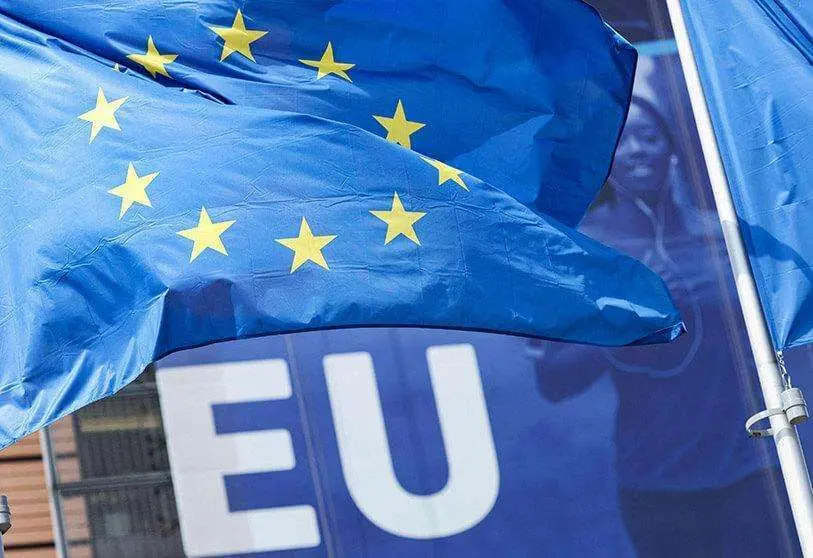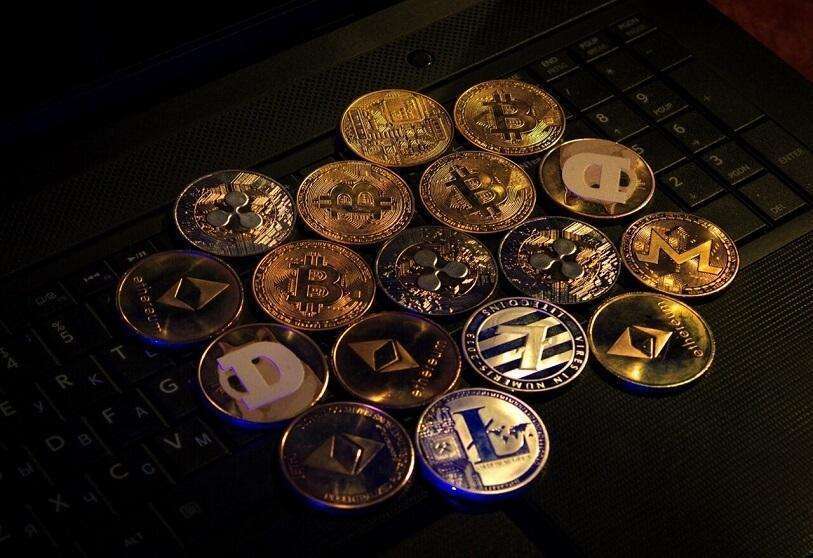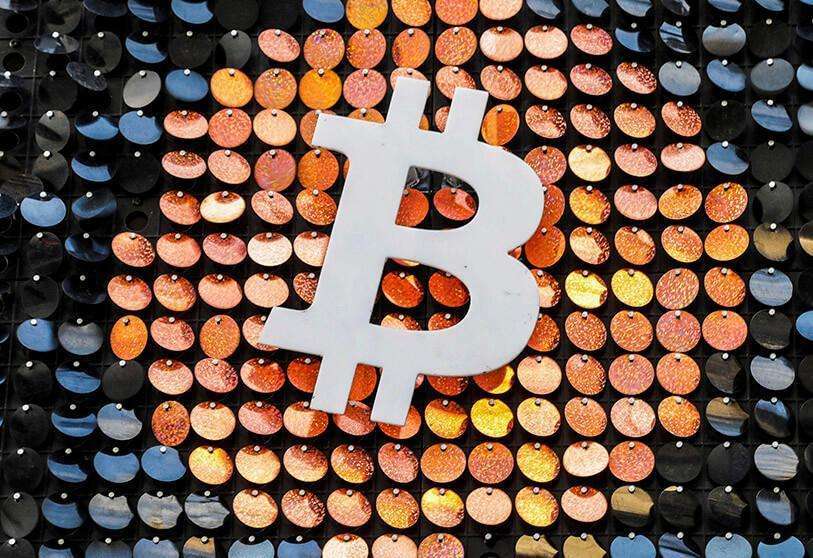Threat of lack of staff to regulate cryptocurrency market looms over Brussels

The issue of cryptocurrencies is receiving increasing attention from the European Union, which has decided to regulate the market in recent years. While cryptoassets were not previously subject to MiFID legislation - a directive on markets in financial instruments - these assets will soon be subject to the new regulatory framework of MiCA - Markets in Cryptoassets Regulation - an agency created by the EU for this purpose.
Keen to better regulate the digital asset sector, as well as the broader cryptocurrency market, Brussels has focused its efforts on the creation of MiCA, whose main objective is to ensure efficient and standardised access to advanced cryptoasset markets in the single market, while providing security for consumers. In its communication sheet, the EU set out four specific objectives in creating this agency:
- The establishment of a clear and coherent legal framework to limit any legal loopholes in the cryptocurrency sector;
- The development of a framework to stimulate innovation and competition
- The protection of crypto-investors at all times.
- Maintaining the financial stability of the market

The creation of a specialised agency for the regulation of the cryptocurrency sector is a project that had already been mentioned in the late 2010s, under the Juncker Commission, but it was not until the Von der Leyen Commission that this agency was created. However, the launch of this agency was not received by all as a good thing. In fact, from a practical point of view, this development was expected by consumers, especially as there was a great disparity at European level, depending on the country. For example, it is known that France has adopted a strong regulation in this area and has done so for several years, unlike some countries such as Malta, where the framework in this area is almost non-existent. The desire to establish a legal framework designed to protect European consumers and to take into account the environmental footprint of the sector - encouraging actors to use green energy in a sustainable way - are honourable arguments on the part of the EU and welcomed by some. However, others point to the limits of this project, recalling that the virtual impossibility of issuing stablecoins - i.e. cryptocurrencies backed by a traditional currency that aims to mimic the uncertainty that can weigh on certain cryptocurrencies - is, according to some, a way to indirectly strengthen non-European players such as Circle, a US consortium that creates the euro currency.

Now, a new concern for the EU is the recruitment of sufficient staff to effectively regulate the market. Indeed, during the development of the MiCA, the regulator's scope of work has continued to expand and the chairman of the European Banking Authority, José Manuel Campa, is concerned about the enforcement mechanisms of the new agency, warning that it will not be able to regulate the digital asset market.
More than a concern, it is, once again, a way of testing the EU's ability to find the right compromises and solutions to bring this project, whose stakes are now dominant in the digital revolution, to fruition.








